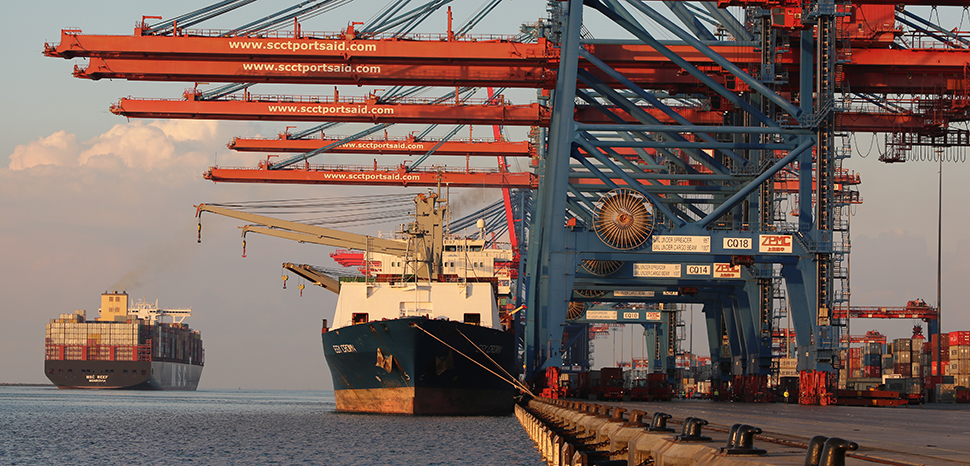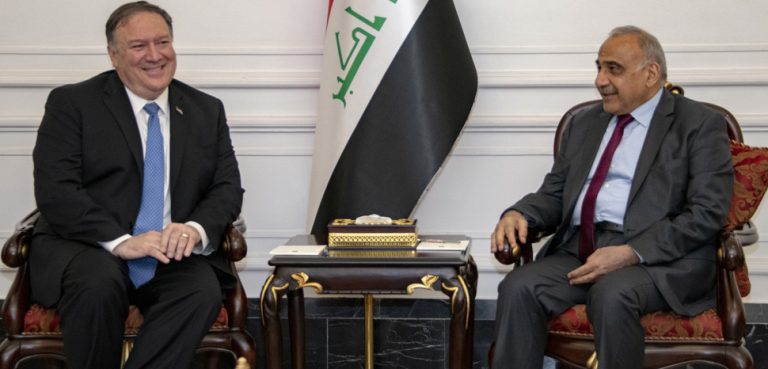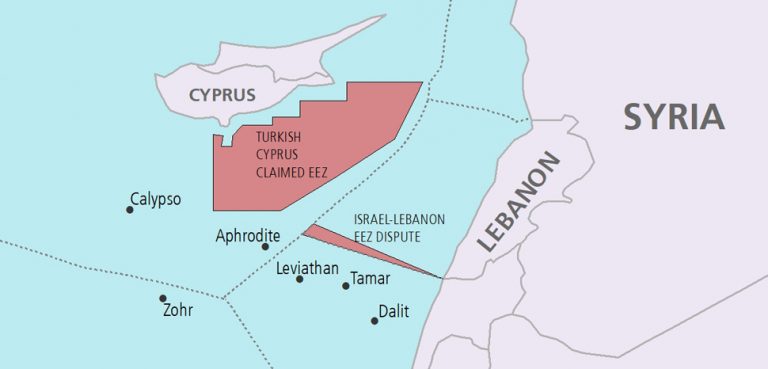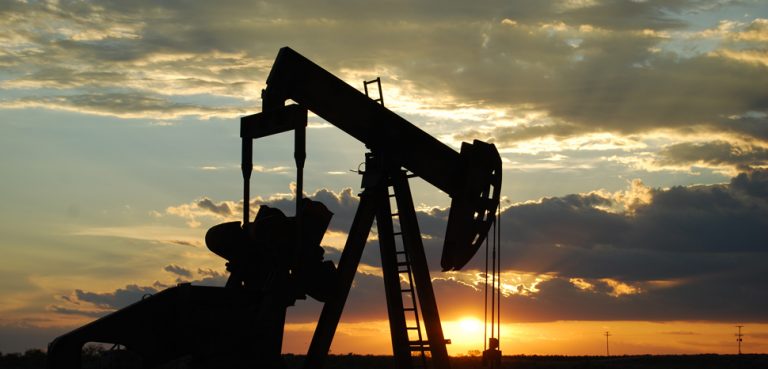Long a pillar of the Egyptian economy, international trade is set to assume even greater importance as we pursue ambitious plans to become a global trading hub in the post-pandemic era. Central to achieving this goal is an ambitious high-tech upgrade of Egypt’s ports to improve capacity and efficiency, coupled with a major enhancement of our logistics systems to speed up imports and exports. Both will reinforce the country’s geostrategic position as a key economic link between the Middle East, Africa and the rest of the world.
Following the disruption caused by the pandemic, Egypt is playing a significant role in the restoration of international supply chains. The country’s ports on the Red Sea and Mediterranean have been undergoing substantial improvements which should be completed by 2024 while the modernization of the systems used to process shipments, significantly cutting transit costs, will be fully operation from October 2021.
The 4 billion dollar overhaul of our ports includes 58 wide-ranging projects, from the construction of new berths, trading yards and wharves to the dredging of shipping lanes and port docks. Separately, there are plans, also in progress, to build a series of dry ports whose road and rail links will connect the seaports to inland locations. These developments aim to boost competitiveness and spur import and export activity.
It will all be given considerable impetus by the completion of a world-leading trade facilitation mechanism (the Advance Cargo Information system, or ACI) – a blockchain-based technology that will help to fully automate the customs process covering goods entering Egypt. It is part of the single digital trade portal, known as Nafeza, for import and export operations, which links up all of Egypt’s ports. Launched in 2019, it has already improved customs processing times by over 50 per cent. The technology, coupled with new high-tech logistics centres at key ports, will ensure that port facilities are used for the transit rather than the storage of goods.
The upgrades and enhancements will deepen economic ties with all our trading partners, delivering on our aspiration to become an energy transit hub for the Eastern Mediterranean and its gas-producing countries. Egypt’s liquefied natural gas (LNG) terminals at the ports of Idku and Damietta, the only facilities of their type in the region, will allow the country’s East Mediterranean partners, who along with Egypt have discovered huge gas deposits in recent years, to export production to international markets.
In order to realise their full potential, the upgraded ports and logistic systems will be supported by an extensive national transport network. The dry port connections are part of a massive railway and road expansion programme – involving more than 2,000 projects – which got under way in 2014 and is set to be completed by 2024. Flagship initiatives include a highway linking Egypt with nine other African countries to bolster Egypt’s exports to the continent as well as a high-speed railway between Egyptian ports on Red Sea and the Mediterranean coasts, critically comprising links to other parts of the country.
The advanced trading architecture we are in the process of implementing has attracted sizeable foreign investment, which we see as a strong endorsement of the country’s economic policies. Moreover, the development of our capacity to trade internationally – together with our implementation of inclusive and deep-rooted reforms, in cooperation with the IMF – will contribute significantly to improving the business environment, drawing more overseas investors and spurring growth.
Despite the economic shock of the pandemic, the Egyptian economy was one of the few emerging markets to experience growth last year, even as the crucial tourism sector took a blow. In 2020, the country attracted the second-highest levels of foreign direct investment in the Arab world, and was the biggest recipient of FDI funds in Africa.
Indeed, the OECD recognised in July 2021 that a growing number of firms are choosing Egypt as its production base for the African continent and the Middle East. They benefit from the large number of free trade area agreements signed between Egypt and African, Arab, European and Latin American countries. Manufacturing has become a key component of the economy, with its contribution set to grow as we develop new sectors, notably Covid vaccine and electric car production.
The overhaul of ports and logistics processes, the wider transport infrastructure expansion and our economic reform programme all aim to increase Egypt’s integration into the global trading system, strengthening investor confidence in the country. And these efforts are already having an impact. Egypt’s exports in June were nearly 50 per cent up on the same month last year, while our trade deficit fell by of over a quarter. There is still much more work to be done, of course, but the signs are clearly encouraging.
The pandemic has exposed the fragility of global supply chains and the trading system. By delivering on our plans to develop the region’s most advanced global logistics hub, we will not only secure our own prosperity, but also drive the economic development of the region and build much-needed resilience into the global economy.
H.E. Dr. Mohamed Maait is Egypt’s Minister of Finance.
The views expressed in this article are those of the authors alone and do not necessarily reflect those of Geopoliticalmonitor.com




